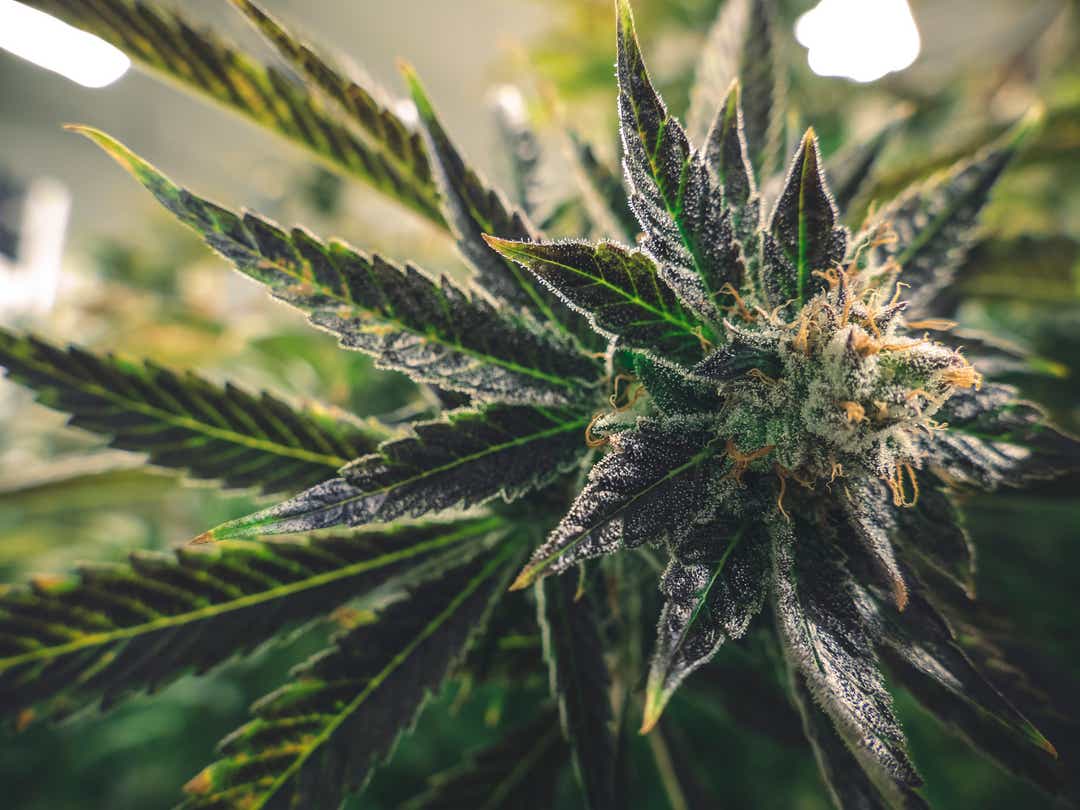GovGuam employees who are drug-tested still face adverse action, including being fired, if they test positive for marijuana use, even if they used marijuana on their own time and are not impaired on the job.
“Nothing has changed,” said Department of Administration acting Director Edith Pangelinan.
The Cannabis Control Board briefly discussed the employment issue during its meeting earlier this month, as it approved a list of 10 facts about marijuana use, including information about the new cannabis law’s impact on employment rights.
The board, which is drafting rules and regulations to allow for the cultivation, testing and sale of recreational marijuana, approved the list of marijuana facts to clear up any misunderstandings about what is currently legal and illegal. Home consumption and limited home cultivation by adults is currently legal, but selling or bartering for marijuana is not. The commercial rules are scheduled to be completed by April, which is the anniversary of the new law.
The board’s adopted advice on how the new cannabis law affects GovGuam workers – “The government of Guam is still a drug-free workplace.”

Board member Therese Arriola, who is director of the Guam Behavioral Health and Wellness Center, said Parkinson made a valid argument, but it’s moot and not worth debating because GovGuam is a drug-free workplace. “It doesn’t matter what kind of drug,” she said.
She said if smoking marijuana is a priority, GovGuam employees have the option of finding a different job in the private sector, but she noted private employers have their own drug policies as well. “You have to be careful,” she said.
GovGuam must follow its current drug-testing policy because it receives federal funds, according to Ngata, who cited a 1988 federal law.
Most GovGuam employees can be drug-tested only under specific circumstances, according to the Drug-Free Workplace Program. It can happen: after an accident or unsafe practice; if there is reasonable suspicion the employee is under the influence; and after an employee completes a drug rehabilitation program.
Pangelinan said some employees recently were drug- tested for reasonable suspicion. Meth was found, she said, but not THC.
THC can be detected several days after it was used, or even weeks later in heavy users, according to the National Institute on Drug Abuse.
Some GovGuam employees hold “testing designated positions,” which means they have to submit to unannounced random drug testing. That includes school bus drivers, engineers, police officers, corrections officers, nurses, and psychiatric technicians, among others.
Employees who want to transfer to a testing designated position also are drug-tested.
If an employee tests positive for drug use, a government medical review officer will contact the employee to determine if there is a medical reason for the result. If not, the employee’s appointing authority is informed and may take disciplinary action.
“The government of Guam has a duty to maintain a safe
work environment and the use of any impairing substance that impacts
safety in the workplace or prevents an employee from performing their
duties and responsibilities in a safe manner is prohibited,” Ngata
stated. “Therefore, if an employee tests positive, they are still
subject to disciplinary action as determined by their appointing
authority.”

No comments:
Post a Comment